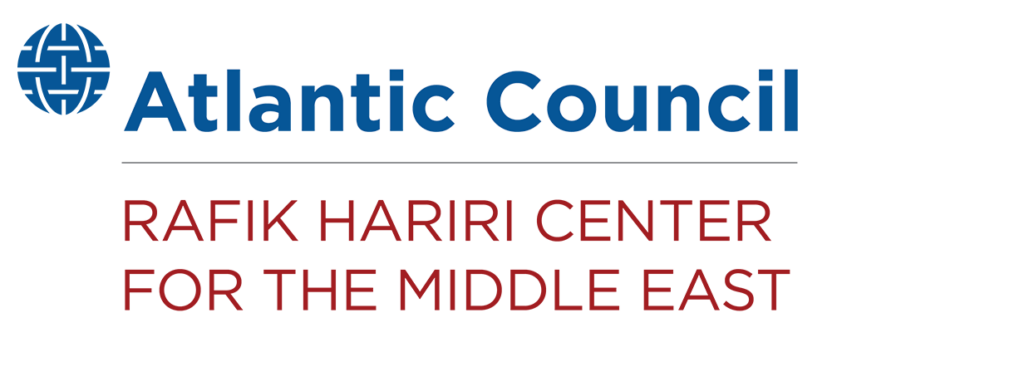As the global community continues to grapple with the coronavirus (COVID-19), the Atlantic Council is open for business. Our business, meetings, and events, however, are occurring virtually. For more information, please read an update from our President and CEO.
For more than 250 years, Russian leaders have sought to project power and influence in the Mediterranean region. Sometimes these efforts have met with a significant degree of success. At times, though, Russia has pulled back from the Mediterranean because of setbacks in the region, events in Europe, or convulsions inside Russia. These pullbacks, however, have never been permanent and have always been followed by renewed Russian efforts to gain influence in the region.
The Atlantic Council’s Rafik Hariri Center and Middle East Programs on Tuesday, April 29 from 9:00 am – 10:30 am ET hosted a discussion surrounding the issue brief, Putin’s Mediterranean Gambit: Endgame Unclear, by Dr. Mark N. Katz. In particular, the panelists examined Russian President Vladimir Putin’s successes in the Mediterranean, his broader objectives in the Mediterranean, the factors that have helped and hindered Putin’s achievement of these objectives and why the United States should be concerned and what it should do about growing Russian influence in the Mediterranean.
Speakers
Christopher J. Bort
National Intelligence Officer for Russia and Eurasia
National Intelligence Council
Laura K. Cooper
Deputy Assistant Secretary for Russia, Ukraine, and Eurasia
United States Department of Defense
William F. Wechsler
Director, Rafik Hariri Center and Middle East Programs
Atlantic Council
Moderator
Mark N. Katz
Nonresident Senior Fellow
Atlantic Council

Rafik Hariri Center for the Middle East
The Atlantic Council’s work on social, economic and human development issues in the Middle East honors the legacy of Rafik Hariri and his life’s mission to unlock the human and economic potential of the Arab world.

On Twitter? Follow @AtlanticCouncil @ACMidEast and use #ACMidEast